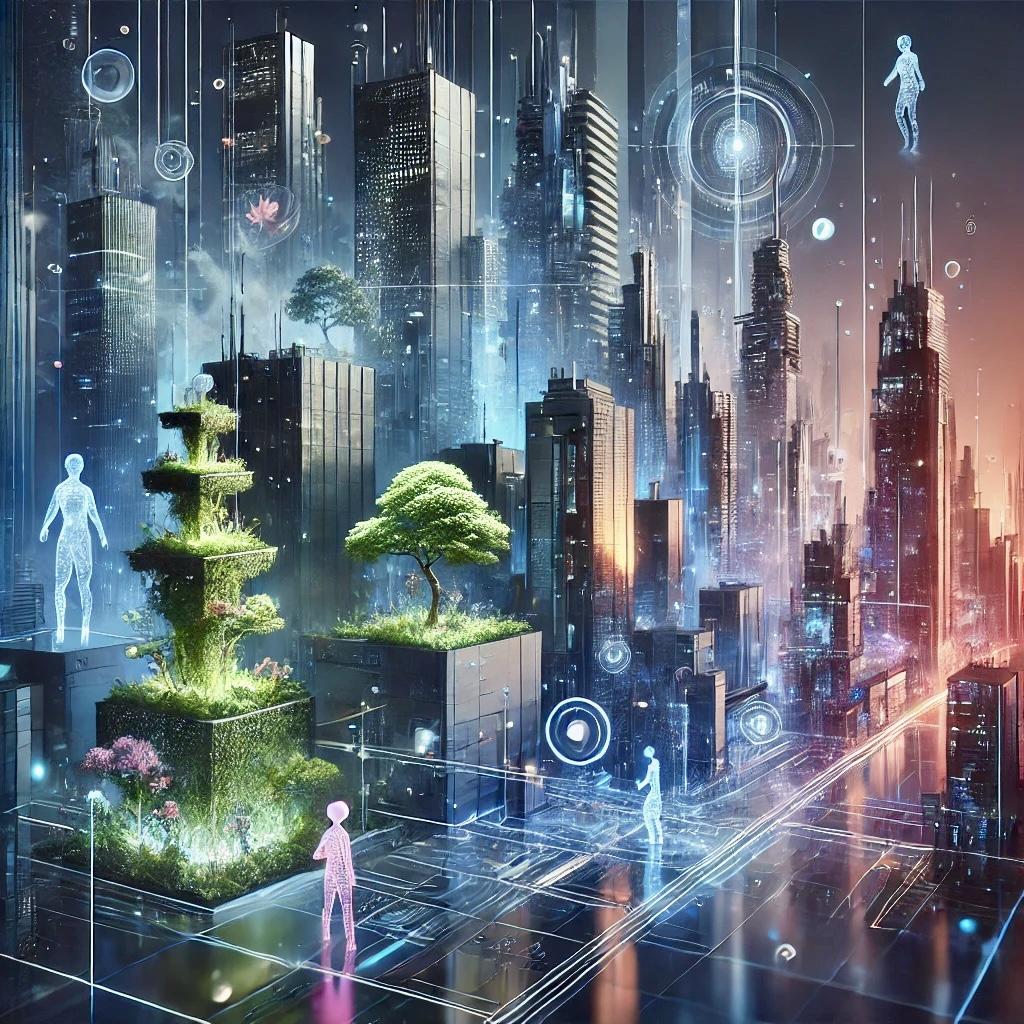
There's a compelling trend emerging at the intersection of gaming and literature, where reality and fantasy converge to create new forms of immersive, interactive, and often financially rewarding experiences. By blurring the boundaries between the real world and the imaginary, these games and narratives are not only reshaping entertainment consumption but also opening new pathways for income generation and societal benefits.
A prime example of this convergence is augmented reality games like Pokémon Go. By overlaying virtual Pokémon characters onto real-world landscapes via smartphone screens, Pokémon Go created an entirely new gaming dimension that dissolved the line between physical and digital spaces. Yet, the game went beyond entertainment—it became an economic powerhouse by driving real-world traffic to businesses and locations, alongside in-game purchases, demonstrating how such games can influence economic activity in the physical world.
In the realm of literature, Alternate Reality Games (ARGs) push the boundaries even further. A standout example is I Love Bees, a promotional ARG for Halo 2, which blended fiction and reality seamlessly. Players received payphone calls, deciphered GPS coordinates, and participated in real-world meetups, all woven into a narrative that extended beyond the screen. This immersive experience captured attention and drove revenue, translating engagement directly into increased sales of the promoted product.
Virtual economies have also emerged as significant players in this hybrid reality. Games like Second Life and EVE Online offer virtual worlds where players can trade digital goods and services, often generating real-world income. These virtual marketplaces demonstrate how fantasy worlds can have tangible, financial outcomes.
These examples show how the fusion of reality and fantasy can unlock new economic opportunities. However, the ReLeaf initiative stands as a unique application of this concept for environmental and social good. By transforming waste into media and using geometric language to convert trash into vertical gardens, ReLeaf exemplifies a successful blend of the real—waste, labor, and physical outcomes—with the conceptual—language, transformation, and sustainability. In doing so, it has forged an innovative income stream, adding value to businesses while building green infrastructure for the community.
From Pokémon Go to ReLeaf, these ventures highlight the vast potential of blurring the lines between reality and imagination. Whether driving local economies, promoting products, or transforming cities into sustainable environments, the impact of these reality-bending innovations is as expansive as our collective creativity.